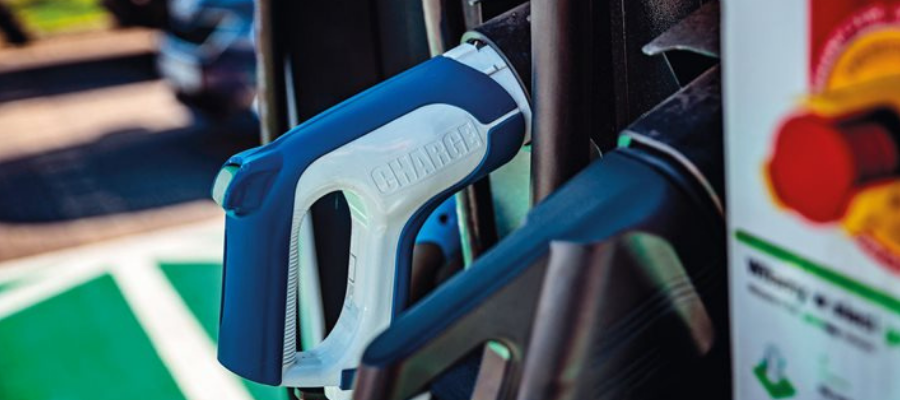🕒 Article read time: 2 minutes
Government decision to slash plug-in grant is deeply disappointing, says Logistics UK

Last Thursday (18 March 2021), the government announced changes to its car, van and truck plug-in grants, stating these would allow the scheme's funding to go further.
For vans and trucks, the government announced there would be different categories of grants based on weight, with more stringent eligibility criteria.
For vans weighing less than 2.5 tonnes, the grant reduces from £8,000 to £3,000, and for those between 2.5 – 3.5 tonnes, the grant is now £6,000. Vehicles must have CO2 emissions of less than 50g/km and be able to travel 60 miles with zero emissions. For trucks up to 12 tonnes, the grant reduces from £20,000 to £16,000 but trucks over this wekgith see the only increase, with the grant now set at £25,000. To be eligible, they must also be able to travel 60 miles with zero emissions.
Commenting on the reduction, Logistics UK’s Head of Public Policy Michelle Gardner said: “Switching to zero and ultra-low emission vehicles is an important focus for the logistics industry, as it works to achieve the government’s zero emissions target by 2050. It is therefore disappointing to see the changes announced to the government’s plug in car, van and truck grants, which have been reduced for the vast majority of available models.”
The Chief Executive of the Society of Motor Manufacturers and Traders (SMMT), Mike Hawes, was similarly unimpressed. "The decision to slash the plug-in car grant and van and truck grant is the wrong move at the wrong time,” he said. “New battery electric technology is more expensive than conventional engines and incentives are essential in making these vehicles affordable to the customer.
In the vehicle rental sector, British Vehicle Rental and Leasing Association (BVRLA) Chief Executive Gerry Keaney, expressed particular concern over how it would impact van and truck operators.
“This will come as a particular blow for the commercial vehicle sector,” he said, “where BVRLA members have been working so hard to drive uptake of electric vans and trucks. Coming just months before the COP 26 summit and as other countries are increasing their zero emission subsidies, this move could also have a big impact on the supply of electric vehicles coming into the UK.”
While Logistics UK’s members are committed to making the switch to alternatively fuelled vehicles, with the market still to reach maturity, options are limited for operators and reducing the financial support will hinder this transition.
“After the financial impact of the COVID-19 pandemic,” Logistics UK’s Michelle Gardner said, “to enable operators to make a change within the lifecycle of their normal vehicle, it is imperative that government lays out a clear policy road map to enable operators to invest confidently, while encouraging manufacturers to develop and launch a wider range of suitable vehicles.”
*www.logistics.org.uk/campaigns/environment
Published On: 25/03/2021 17:00:44

Comments Section
If you are a Logistics UK member login to add comments.